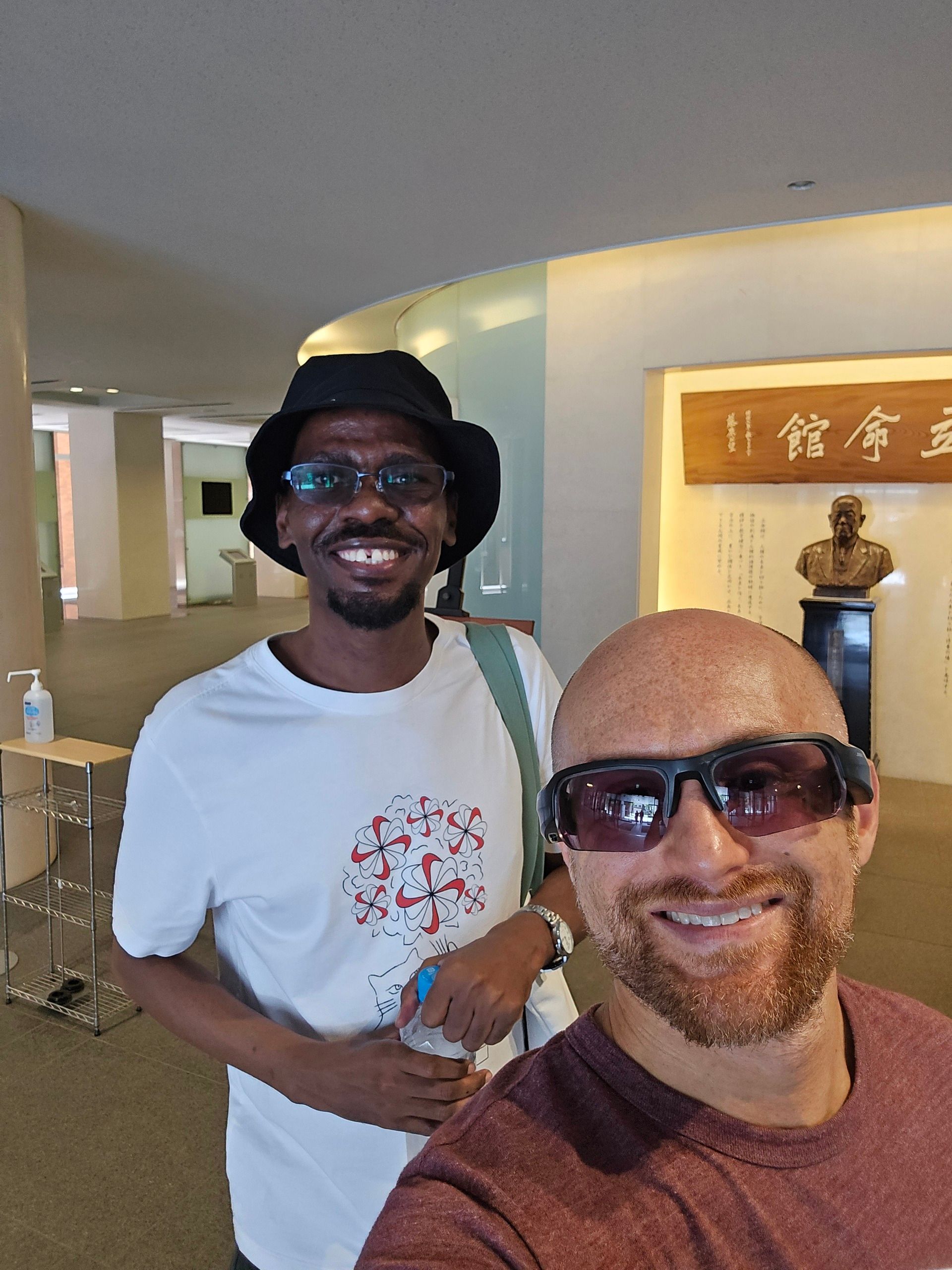
On my swing by Kyoto I had a great time catching up with Boago Okgetheng and discussing our game-breaking generative AI research project (I'm biased but I'm serious, more to come soon!), and while en route I listened to talks for my #AcademicRunPlaylist!
First was a pair of talks by John Eric Humphries (parents' earnings and returns to universal pre-K) and Kevin Milligan (universal childcare impact on maternal work and income) at the National Bureau of Economic Research https://www.youtube.com/watch?v=tzaNRDquYsU
Next was an intriguing talk by Zhijun Chen on modeling user privacy and data value at the Toulouse School of Economics https://www.youtube.com/watch?v=ax8iT2FyVF4
Next was an excellent talk by David Neumark on the long-run employment effects of opportunity zones at NBER https://www.youtube.com/live/cdpj8UxK4Gs?si=brXUMRefBYl0zMig&t=11609
Next was a fantastic talk by David Chiang on what transformers can and can't do at the USC Information Sciences Institute. I admit I'm a sucker for talks like this, which relate neural networks to well understood formal models to probe their theoretical limits. Here Chiang convincingly demonstrates how a formal logic model is equivalent to some transformers, then showing how they will literally never be able to do certain essential tasks reliably. Highly recommend https://www.youtube.com/watch?v=GVdLh-6wEJo
Last was "A Myriad of Tongues" by Caleb Everett. This book provides an expansive tour of the breadth of humanity's linguistic repertoire, how linguistic differences relate to culture, and even how speech production biology likely influences language. This is both fascinating and gives deep insight into subtle and not so subtle differences in how different people and cultures interact and perceive the world. Even when there are gaps, Everett acknowledges it - the lack of any treatment of sign languages being the biggest hole here. If you speak two radically different languages fluently some of these revelations will be old hat, but unless you have mastered some extremely rare linguistic forms you're guaranteed to learn something unexpected about what form languages can take and what it implies about human cognition and interaction. Highly recommend https://www.hup.harvard.edu/books/9780674976580

